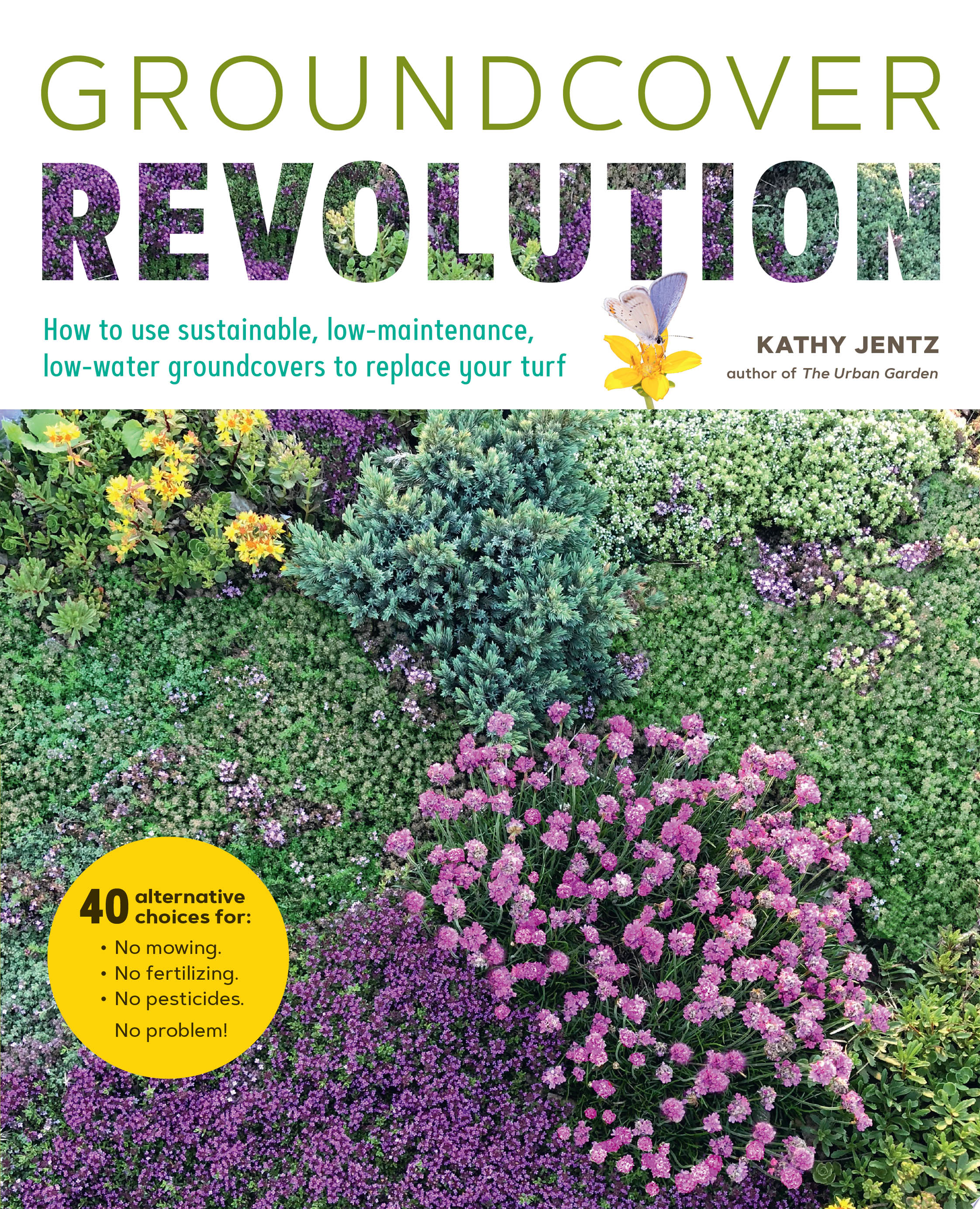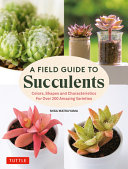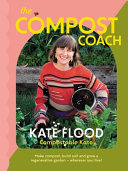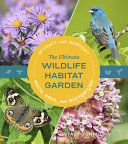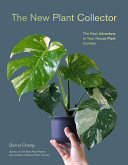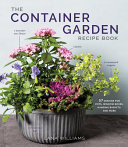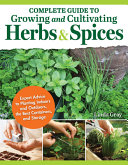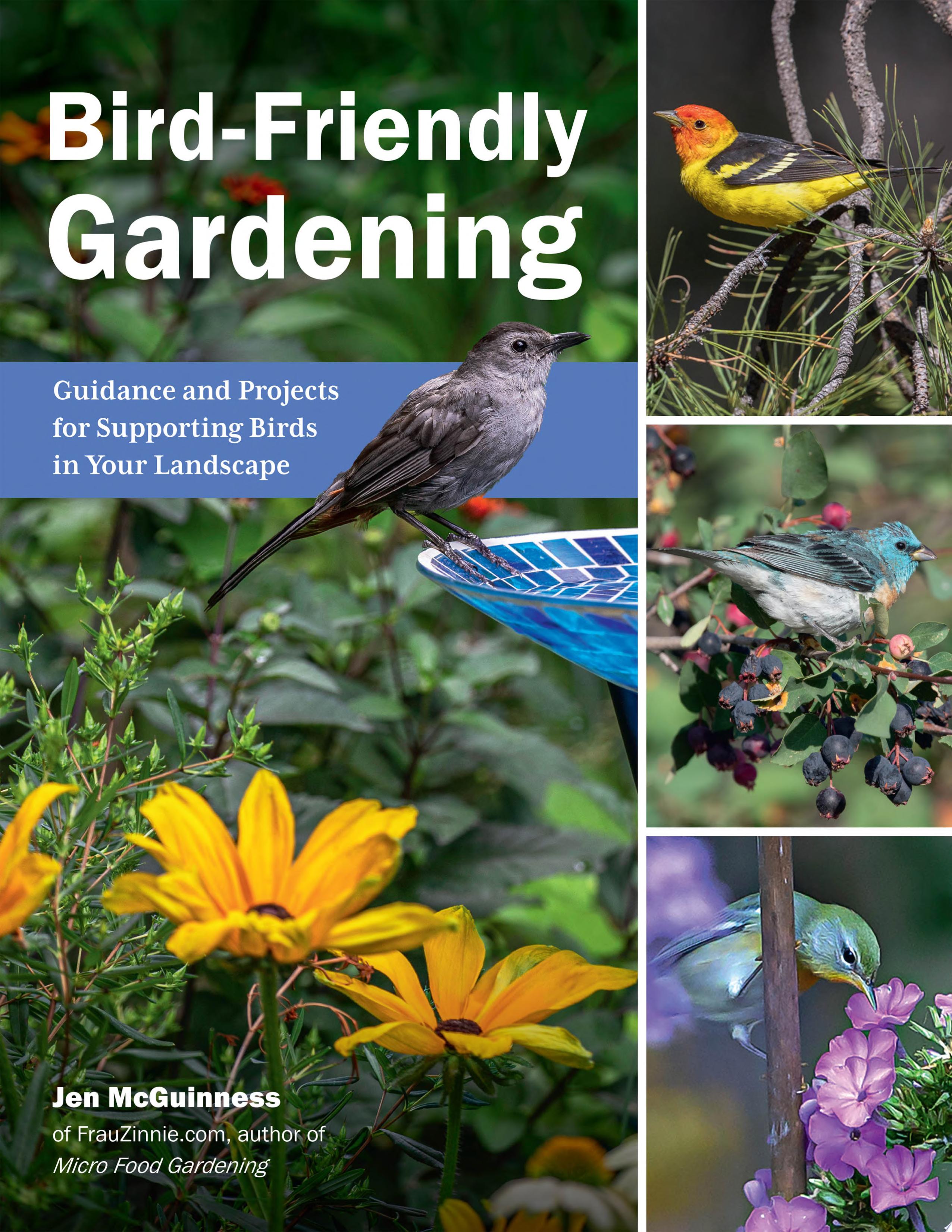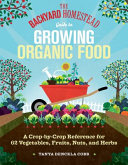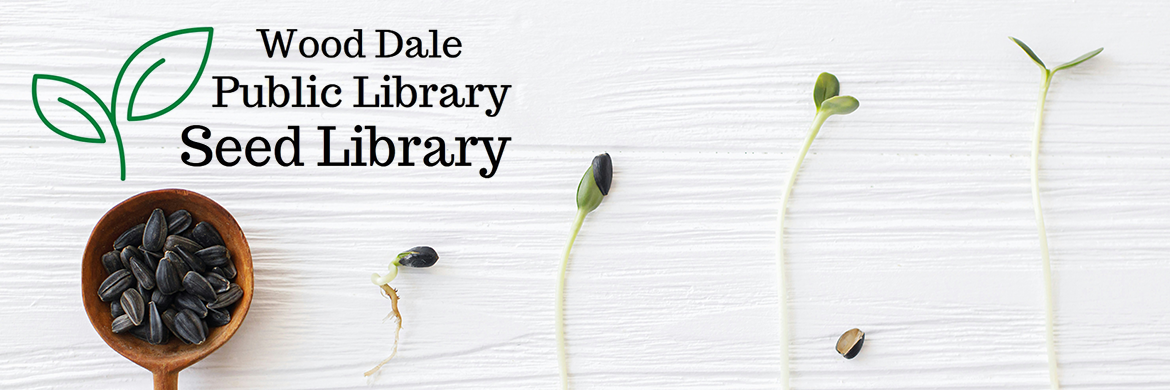
Grow a Garden with the Wood Dale Public Library
The goal of the Seed Library is to provide free, high quality, open-pollinated vegetable, herb, and flower seeds to local gardeners of all skill levels.
Sharing seeds and resources helps promote biodiversity, food security, and sustainable gardening practices in our community.
Joining our Seed Library project does not require a Library card or any commitment to return seeds from your personal harvest, but we would love to see pictures of your garden and hear gardening success stories!
To share photos, stories, and more, please tag us on social media!

Discover Our Current Seeds
Gardeners can browse available seeds by viewing the printed seed catalog in the Library or the digital version below. You’ll find photos and descriptions of each plant variety, helpful information about when, where, and how to sow your seeds, and how long each variety takes to germinate and mature.

Seed Library Orders and Limits
You can place an order by submitting an online request. Please provide your preferred contact information and allow up to one week for a staff member to notify you that your seeds are ready to be picked up. Individual seed packets are placed in a paper envelope and are available for pick up at the Public Services Desk.
Limit of 10 seed packets per household, per year. Limit one seed packet of each variety per person.
Donating Your Surplus and Seed Saving
Once your heirloom garden blooms, consider donating extra produce to local food banks like The Center / Wood Dale Food Pantry or the Bensenville Wood Dale Food Pantry. Saving seeds from your harvest and returning them to the Library also benefits the community by providing a new set of open-pollinated seeds for our neighbors to grow.
Frequently Asked Questions
We have herbs, vegetables, and flowers. All seeds are open-pollinated and can be saved at the end of the season; most of our seeds are also organic, non-GMO, and/or heirloom. Each seed packet contains enough seeds for an average home gardener to grow a healthy seasonal crop. To see a list of available seeds, visit the Library to view our catalog or view the online version.
The print Seed Library catalog is available inside of the Library near our Print/Copy/Scan station. Seeds are not kept on the Library floor; all orders will be fulfilled by a staff member.
No, the Seed Library is open to all gardeners!
To help the Seed Library thrive, please consider harvesting and returning seeds from your crops. Thoroughly dry your seeds then store them in a cool, dry place until you’re able to bring them back to the Library. We can provide paper envelopes for you to place your seeds into, as well as donation slips that you can write important information on (like variety, date of harvest, etc.).
While we love to see a successful harvest for all our gardeners, we know that some seeds simply won’t germinate, and sometimes our gardens don’t work out the way we planned. Bringing back seeds is not mandatory, but we will accept donations of open-pollinated seeds to help keep the project going!
Our Seed Library is available all year long. We provide a variety of seeds, including cold weather vegetables that can be planted in autumn or winter.
Our seeds come from a number of generous sponsors, local gardeners, and reputable seed vendors. Donations from Sow Right Seeds, Fedco Seeds, The Free Seed Project, and Green Thumb Florist in Wood Dale all help sustain the Seed Library.
If your chosen seed variety is unavailable, every effort is made to find a reasonable substitution (i.e., another variety of the same plant). If a substitution can’t be made, a Library staff member will inform you that your chosen variety is unavailable, and you can choose another seed. We will make three attempts to contact you before your seeds are returned to the collection and your order is cancelled.
A detailed description of each seed is available in person at the Seed Library station near the Print/Copy/Scan station. A digital version of the catalog can also be accessed online. For more information or support, reach out to our local University of Illinois Extension for expert assistance.
